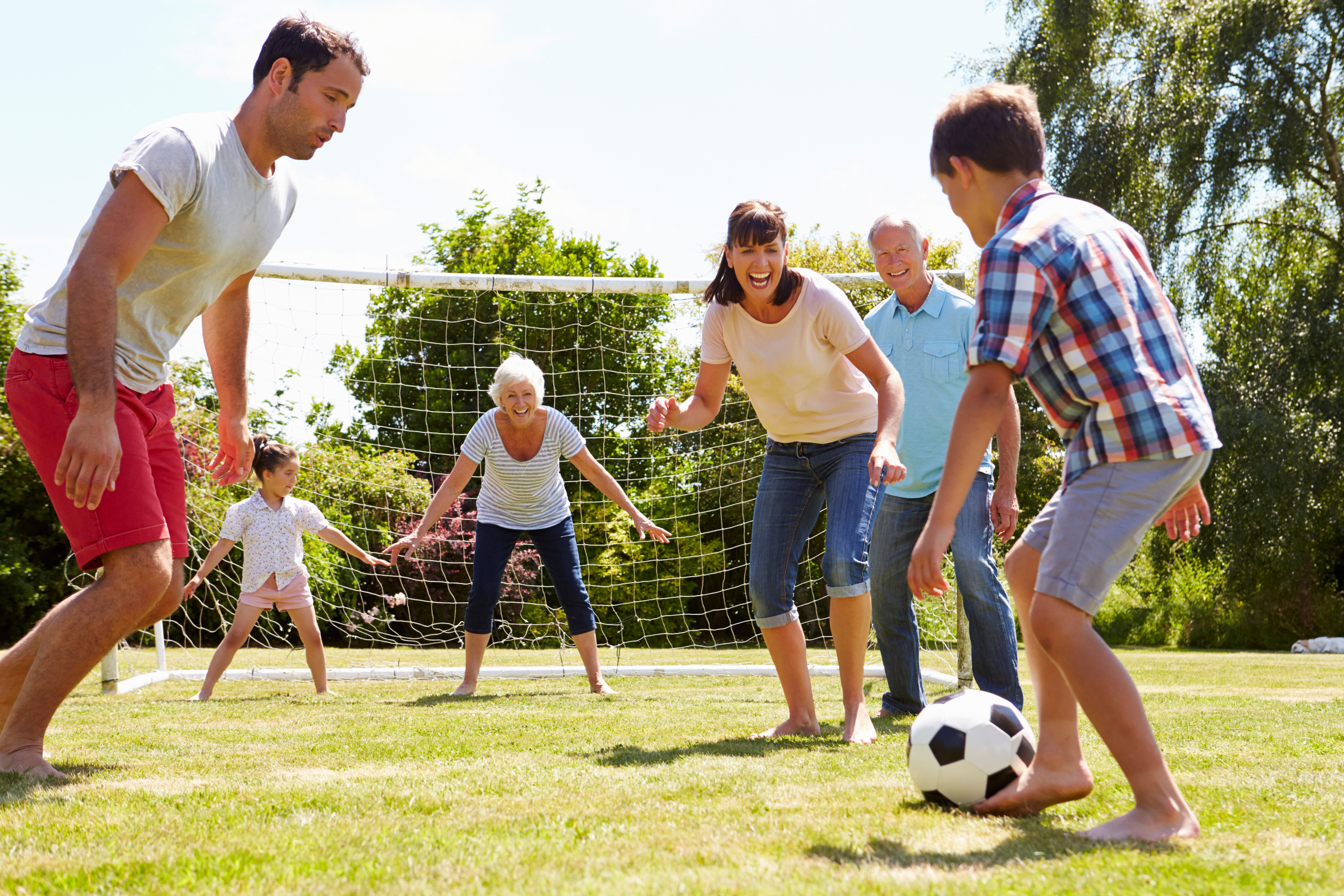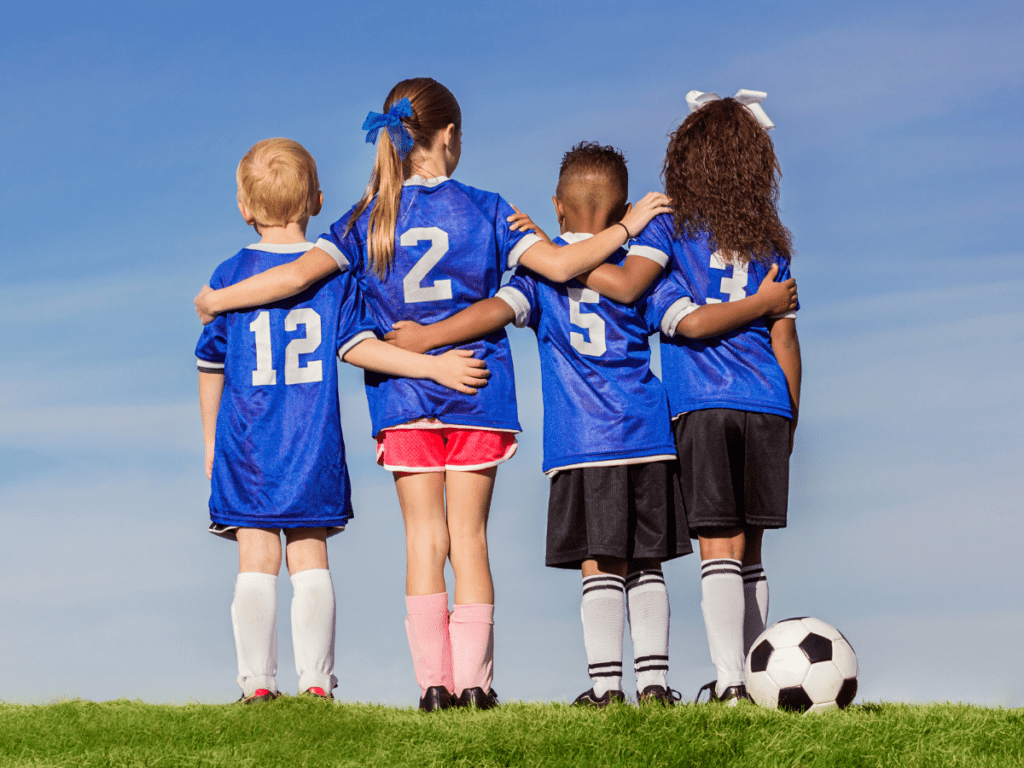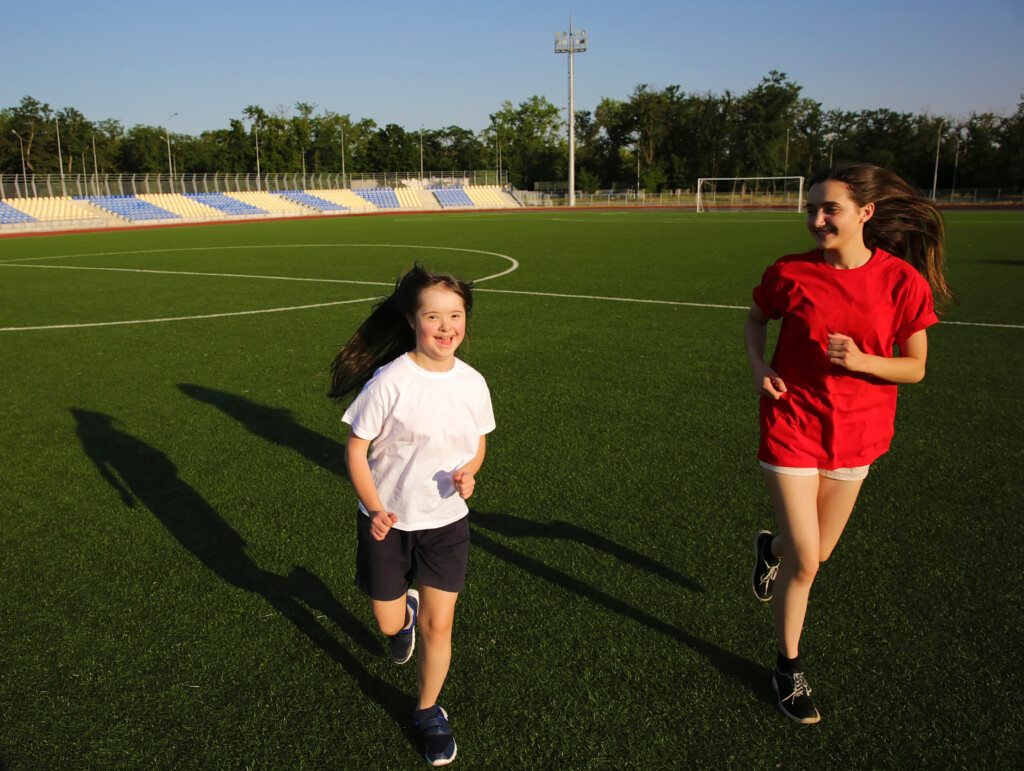Lifespan Analyses of Social Influence on the Sport Commitment and Participation of Masters Athletes

Project Summary This research aimed to identify the nature of various social influences determining increased commitment to continue sport involvement among middle-aged and older sport participants. Research was conducted among samples from international-, national-, and regional-level masters sport (> 35 yrs old) events, as well as from Senior Games (55+ yrs) events. First, results showed…
Relative Age, Recreation Sport Participation and Youth Development

Project Summary In both youth sport and education, children and adolescents are grouped into cohorts by using annual age grouping policies, whereby a child must be a certain age by a specified selection date (e.g., December 315). Relative age describes the fact that children born early in their cohort/selection year (e.g., January) will be relatively…
Organized youth sport, parenthood ideologies and gender relations: Parents’ and children’s experiences and the construction of “team family”

Project Summary This study sought to understand how family relationships, interactions, and values are shaped by children’s sport involvement, and the social and cultural context in which their sport participation occurs. The themes that emerged from this study reflect the contradictory nature of organized youth sport, including the strengthening of familial relationships, as well as…
Two Steps Forward, One Step Back: Changing? The Culture of Sport Hazing in the 21st Century-January 2018

Hazing is a complex issue that is entangled in the culture and tradition of Canadian University sport. Hazing is defined as an event created to establish a team’s social hierarchy by humiliating, degrading, abusing and/or endangering newcomers regardless of a person’s willingness to participate in order to reinforce their social status on the team. Anecdotal…
Inclusion in the Field(s) of Dreams?

The purpose of this project was to explore issues surrounding segregated sport for people with impairments and to address the question of whether or not segregated sport perpetuates inequity (Fay & Wolff, 2009). The specific objectives included: (1) Identifying the drawback and benefits of participation in segregated athlete training programs taking place in different settings;…
Prospective examination of Special Olympics sport retention in Ontario

View the infographic summary of this research here. The overall goal of the current research is to understand the factors that lead to sport participation for Canadian youth with intellectual disabilities (ID). We examined sport participation of youth with ID in the largest Multisport Service Organization for individuals with ID in Canada: Special Olympics (SO)….